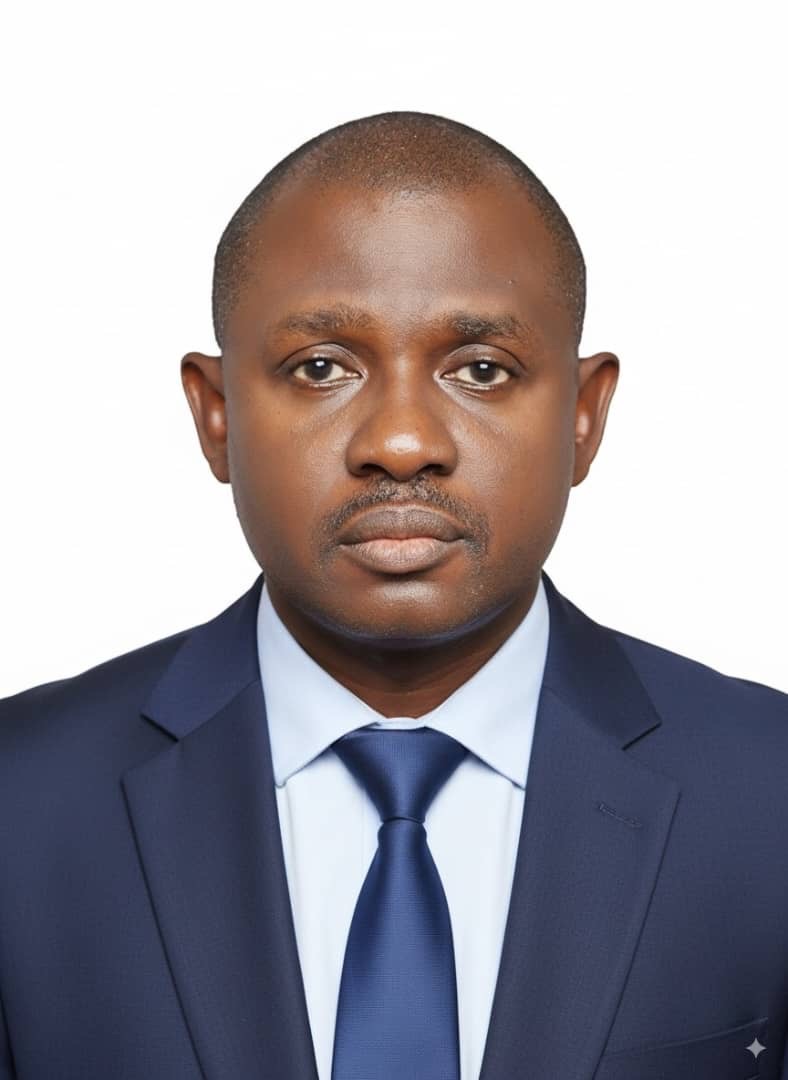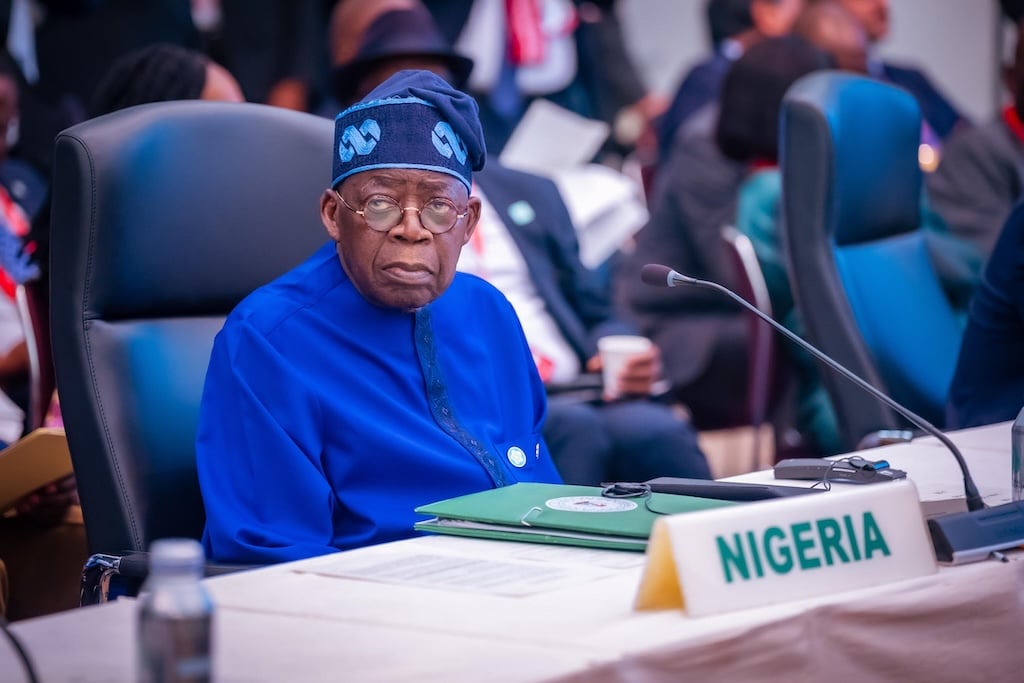DEFECTION OR DECEPTION? Governors rewriting Nigeria’s political history By Olayinka Olatunbosun, Ph.D

A new tide is sweeping across Nigeria’s political landscape — one that is redrawing party boundaries and testing the very foundations of democratic governance. In recent months, a surge of sitting governors from opposition parties, notably the Peoples Democratic Party (PDP), has crossed over to the ruling All Progressives Congress (APC).
The defections, from Delta to Akwa Ibom, Enugu toBayelsa, have not only altered state-level politics but also raised deeper questions about political ideology, voter trust, and the legal frameworks that permit such fluid shifts of allegiance.
THE WAVE THAT SHOOK PDP STRONGHOLDS
The first major tremor came in April 2025 when Delta State Governor Sheriff Oborevwori and his predecessor Ifeanyi Okowa led a mass defection from PDP to APC. Delta — long considered a PDP bastion — suddenly became the epicentre of what political observers called a “tsunami of defections.”
Within weeks, Governor Peter Mbah of Enugu Statefollowed suit, taking with him several state lawmakers, council chairmen, and PDP ward executives. Soon after, Bayelsa’s Governor Douye Diri joined the exodus, citing the need for “greater synergy with the federal government.”
The defections have not stopped there. Reports suggest that negotiations are ongoing in at least five more PDP-controlled states, with influential political blocs positioning themselves for a possible crossover before the 2027 general elections.
GOVERNORS’ JUSTIFICATIONS: BETWEEN STRATEGY AND SURVIVAL
For the defecting governors, the rationale is straightforward: alignment with the federal government equals access to development.
“We cannot develop in isolation,” said a top aide to one of the defecting governors. “Being in the ruling party ensures faster federal attention to our projects and greater economic cooperation.”
Governor Oborevwori’s camp echoed this sentiment, insisting that his defection was “a strategic move to connect Delta to the centre.” Similarly, Enugu’s Governor Mbah argued that his shift was about “ensuring that the people of Enugu are not left out of the national development agenda.”
Political analysts, however, interpret the moves differently. Dr. Chika Nwokoye, a political scientist at the University of Lagos, sees it as “a blend of self-preservation and opportunism.”
“Many of these defections are not ideological. They are pragmatic — governors are seeking protection, federal favour, and relevance in the run-up to 2027,” Nwokoye explains.
THE COST TO DEMOCRACY: IDEOLOGY OR OPPORTUNISM?
While the defectors claim patriotism, critics see something more troubling: the erosion of ideological consistency and voter trust.
Opposition leader Peter Obi recently warned that the defections pose “a grave danger to Nigeria’s democracy,” arguing that political parties are being reduced to “mere vehicles of convenience rather than institutions of conviction.”
Similarly, former Bayelsa Governor Seriake Dicksondescribed the trend as “political prostitution,” lamenting that “when politicians switch parties overnight, they insult the intelligence of the voters who elected them under a different platform.”
At the grassroots level, ordinary citizens are growing increasingly skeptical. Many feel betrayed when elected officials abandon the very platforms that carried them to power.
A civil society activist in Port Harcourt, Ngozi Ekezie, summed it up bluntly:
“It’s not defection — it’s deception. They campaign as PDP, win as PDP, then govern as APC. That’s not democracy; that’s manipulation.”
THE LEGAL DILEMMA: SHOULD THE LAW CHANGE?
Nigeria’s 1999 Constitution allows for defections in limited circumstances — primarily when there is a division within the political party. However, in practice, the provision has been stretched and exploited.
Legal experts argue that the absence of strong anti-defection laws at the state executive level enables governors to cross over without losing their seats, unlike legislators who risk court challenges.
Constitutional lawyer Kayode Ajulo (SAN) insists the time has come for reform:
“When voters elect a governor under a particular party, that mandate should belong to the party as much as to the individual. We need constitutional amendments that make defections more accountable.”
The Independent National Electoral Commission (INEC) has largely remained silent, insisting that party membership is a political, not electoral, matter. But with rising public frustration, there are renewed calls for legal clarity — and even for constitutional review to define the boundaries of party loyalty.
APC’S GAIN, PDP’S PAIN
For the APC, the defections are both symbolic and strategic. President Bola Ahmed Tinubu has welcomed each new entrant with open arms, describing the movement as a “vote of confidence in the Renewed Hope Agenda.”
The ruling party’s expanding influence across the South-South and South-East — traditionally PDP strongholds — signals a realignment that could prove decisive in 2027. The APC now controls or influences nearly two-thirds of Nigeria’s 36 states.
The PDP, on the other hand, faces a deepening crisis. With its ranks thinning and internal divisions festering, party elders are warning of an existential threat unless urgent reforms are undertaken. Former Vice President Atiku Abubakar recently described the defections as “a betrayal of trust and a wake-up call for introspection.”
WHAT’S AT STAKE AHEAD OF 2027
The real battle, however, lies not just between APC, PDP and ADC — but between political opportunism and democratic integrity.
ATTENTION: Follow 9jaReporters on Instagram for a chance to win ₦100,000 in our Top Fans Challenge!
JOIN NOW to participate and stand a chance to win exclusive prize ons, free airtime, and exciting gifts!
FOLLOW US TODAY! DON’T MISS OUT!
If defections continue unchecked, Nigeria risks evolving into a de facto one-party state, undermining the essence of political competition that sustains democracy. Voters, increasingly disillusioned, may turn apathetic — a dangerous trend for a young democracy struggling to deepen accountability and governance.
Yet, for all its controversies, this wave of defections also exposes the cracks that must be addressed: weak party structures, absence of ideological distinction, and the over-centralization of power in Abuja that makes “alignment” with the ruling party appear as the only path to development.
CONCLUSION: THE FUTURE OF NIGERIAN DEMOCRACY
The ongoing defections to the APC mark more than a shift in party loyalty — they mark a defining moment for Nigeria’s democracy.
Will the country continue to tolerate politics without principles? Or will this moment trigger long-overdue legal and institutional reforms that protect the sanctity of the ballot and restore faith in governance?
As the 2027 elections draw nearer, one thing is certain: Nigeria’s democracy stands at a crossroads. Whether it advances toward maturity or slides into one-party dominance will depend not only on politicians — but on the vigilance of the Nigerian people.
Dr. Yinka Olatunbosun was the Labour Party Candidate in Ife East Local Government for the Osun State House of Assembly during the last general election in 2023.




